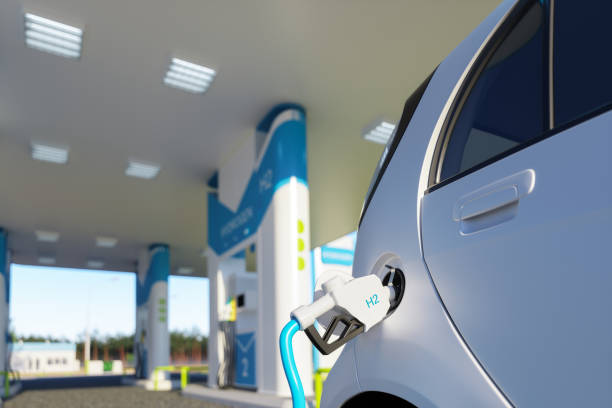Pioneering the Future: The Advent of Hydrogen Fuel Cell Vehicles
Hydrogen fuel cell vehicles (FCVs) may not be as widely discussed as their electric counterparts, but they represent a significant leap in the journey towards sustainable mobility. These vehicles, powered by the most abundant element in the universe, promise zero emissions, excellent efficiency, and quick refueling times. But what does the road ahead look like for hydrogen FCVs, and what challenges do they face?

Hydrogen Fuel Cell Vehicles: A Brief History
The concept of a hydrogen fuel cell vehicle is not new. The idea of harnessing hydrogen’s power dates back to the 1800s when British scientist William Grove invented the first fuel cell. The technology, however, remained a scientific curiosity until the 1960s when NASA started using it in space missions.
It was not until the turn of the millennium that automakers began seriously considering hydrogen fuel cell technology for everyday vehicles. Companies such as Toyota, Honda, and Hyundai have since launched hydrogen FCVs, heralding a new era in automotive innovation.
Current Trend: The Hydrogen Highway
The current hydrogen fuel cell vehicle landscape is a mix of cautious optimism and ambitious projections. Despite limited infrastructure and high costs, the industry has seen a steady growth in FCVs, driven by government initiatives and growing environmental consciousness.
Japan, South Korea, and California are leading the charge, with considerable investments in hydrogen refueling stations. Moreover, industry experts predict that hydrogen could power up to 400 million cars by 2050.
The Impact: A Greener Future on Wheels
Hydrogen fuel cell vehicles have the potential to revolutionize the automotive industry and contribute significantly to a greener future. Unlike conventional vehicles, FCVs emit only water vapor, providing a solution to the increasing concerns about air pollution and global warming.
Moreover, hydrogen can be produced from a variety of sources, including water, natural gas, and even waste, making it a highly sustainable fuel option.
Challenges Ahead: Infrastructure and Cost
Despite the potential benefits, hydrogen fuel cell vehicles face significant challenges. The most notable of these is the lack of refueling infrastructure. Currently, hydrogen refueling stations are few and far between, making it difficult for FCVs to gain mainstream acceptance.
Additionally, the cost of producing hydrogen fuel cells is currently high, making FCVs more expensive than conventional and electric vehicles. However, advancements in technology and economies of scale could eventually bring down these costs.
The Road Ahead: A Hydrogen-Powered Future
Despite these challenges, the future for hydrogen fuel cell vehicles looks promising. As we strive towards a sustainable future, FCVs are likely to play a critical role. With ongoing technological advancements, increased government support, and growing awareness about environmental issues, the road ahead for hydrogen FCVs appears to be paved with potential.
In conclusion, the advent of hydrogen fuel cell vehicles represents an exciting chapter in the story of sustainable mobility. While there are hurdles to overcome, the potential benefits - a greener future, reduced dependence on fossil fuels, and cleaner air - make it a journey worth embarking on.





